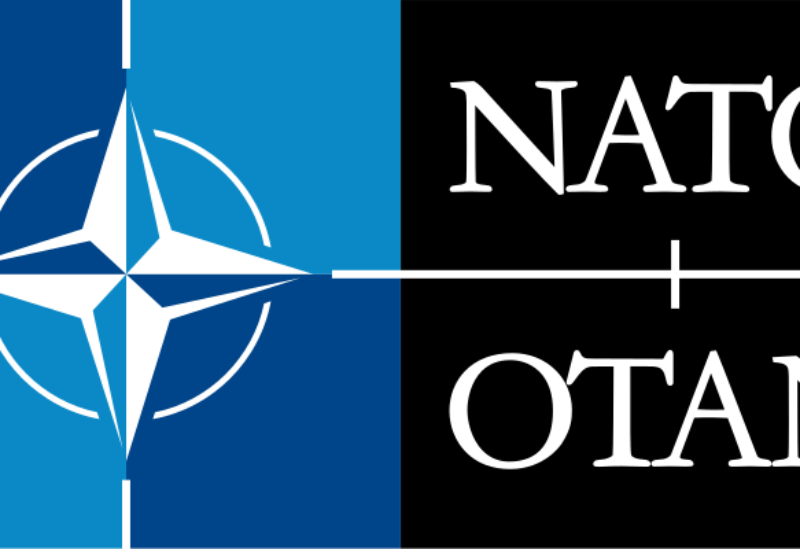
NATO Logo
Former officials declare that preventing a fiasco similar to what happened in Afghanistan should be reconsidered by Nato.
The alliance is in a downbeat mood and facing questions over it, after the swift collapse of the Afghan capital to the Taliban, which Nato chief Jens Stoltenberg admitted it had failed to see coming.
Two months ago, the Nato summit in Brussels offered hope of renewed ties after the tumultuous Donald Trump years. But European politicians rounded on Washington this week after its unilateral withdrawal left the hands of its partners tied.
Former officials who worked with Nato told The National that the crisis was not terminal for the alliance. But they said Europe must address the reliance on America that left it unable to go its own way.
They said the lessons Mr Stoltenberg has promised to learn should include an upgrade of its intelligence capabilities to enable it to face other foes, such as Russia.
“It’s got to rethink its approach to intelligence,” said Jamie Shea, a former Nato spokesman and deputy assistant secretary general.
“It’s invested a lot in intelligence reform over the last couple of years, but clearly this hasn’t been successful. This really should not happen.”
US President Joe Biden acknowledged that Washington was caught out by the speed of the Taliban advance after Nato troops withdrew.
He drew criticism after suggesting that Afghan forces should have fought better after the equipment and training they had received.
Nato runs another training mission in Iraq to help its government prevent the return of ISIS, and has similar operations in Eastern Europe and Africa.
“It has aspirations to be a kind of super-trainer and clearly on the basis of Afghanistan, the model has to be rethought,” Dr Shea said.
“Nato can’t afford to have the Iraqi forces, for example, collapsing in the way that the Afghan forces just have.”
Having withdrawn from Afghanistan, Nato’s focus will switch to preventing terrorist attacks from being planned within the country.
When the Taliban last ruled, it was a haven for Al Qaeda, who used it as a base from which to plan the 9/11 attacks on America.
Nato members are working on a new strategic concept. Officials say it should reflect modern threats such as the growth of terrorism and cyber attacks.
But Dr Shea said the alliance must retain a credible military capability as well as dealing with new types of warfare.
“Nato can’t just define the problem in terms of the newfangled technologies,” he said.
Dr Shea said Nato could recover some of its standing with a well-run operation to bring its people home from Kabul.
“It’s obviously not Nato’s finest hour. Let’s be frank about that,” he said. “But I tend not to indulge in catastrophism.
“If Nato can now get the evacuation operation better organised in the next week or so, that may help to diminish all of the very negative images. That could salvage something from the wreckage.”